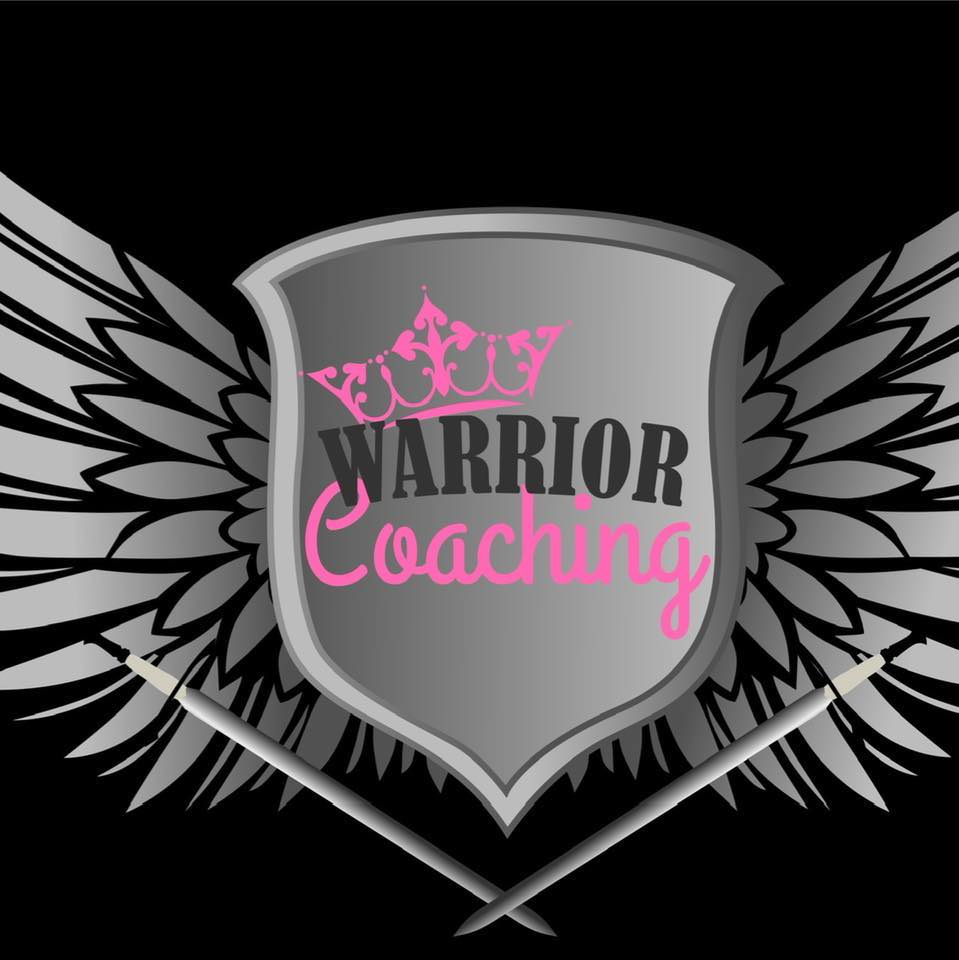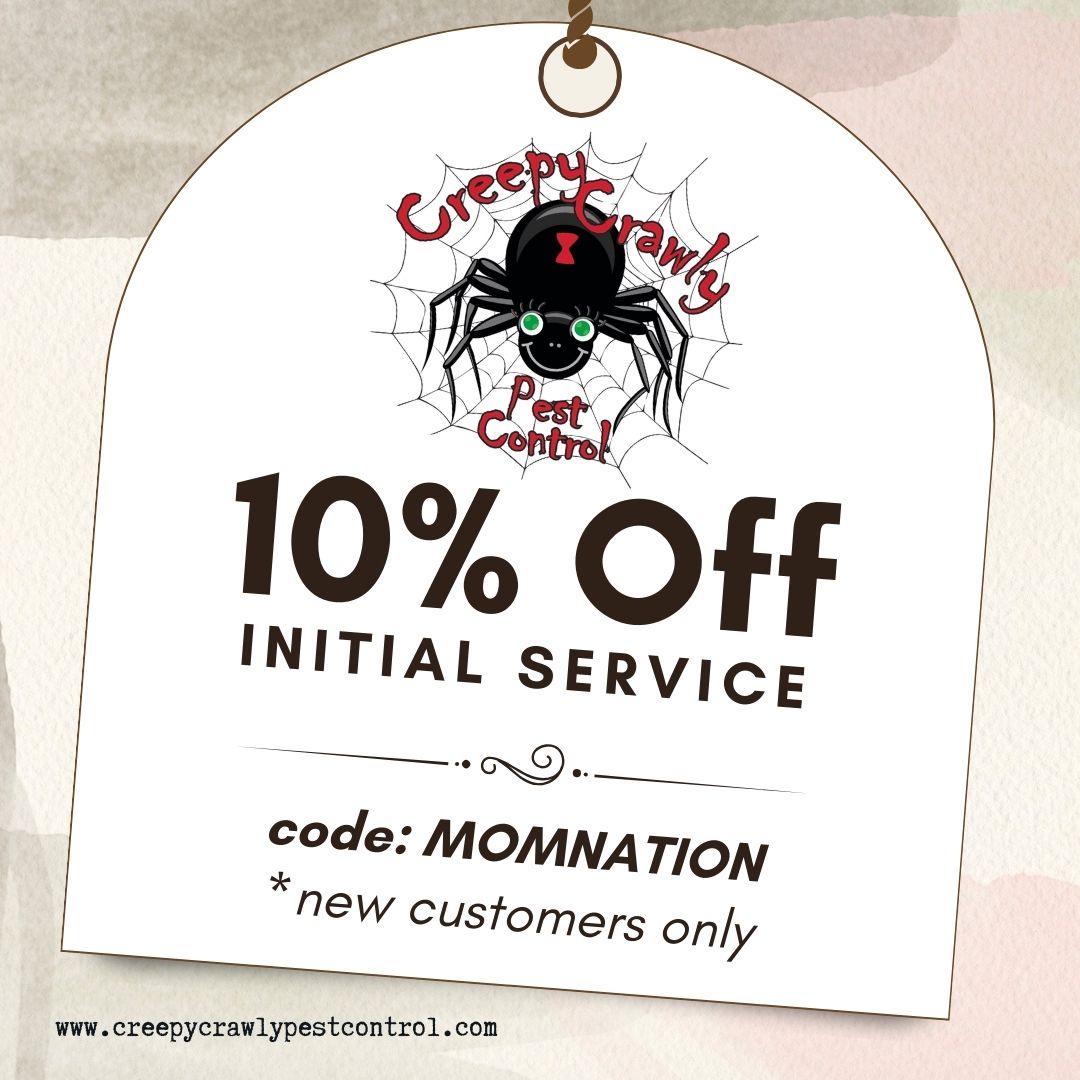What Wellness Looks Like In Young People And How We Can Help Them Get There
Lately there has been an explosion of awareness of mental health. As parents, or as professionals who serve young people, we have had many conversations, read many articles, spread tips and advice on how to recognize when our youth are struggling. How to tell the difference between when a young person is stressed out, or when they are experiencing a more serious mental health concern. We are better at remembering crisis lines, and we even have a dedicated line (988) for mental health emergencies. We are getting better at knowing when things are bad, and who to turn to for help.
So why are we in a mental health crisis? Why do so many teens feel alone? Why are high-risk behaviors at an all-time high?
It is rare that we have discussions about what wellness looks like in youth. What does it take to help our youth design a life they WANT to live, where challenges are seen as something temporary that can be overcome, where sadness is just a transient emotion, and where they have a sense of connection and purpose?
Here are some tips to do just that:
- Have conversations with youth that have no agenda. Get into their world and listen to them when there is no crisis. This will help to prevent one from forming and increase the odds they will come to you when they are struggling.
- Teach proactive self-care. Teach about healthy habits, exercise, balanced diet, breathing techniques, and limiting screen time. These can all impact mental wellness.
- Prioritize sleep. Not getting enough rest can lead to unstable emotions. It can exacerbate pre-existing mental health disorders and can turn an irritable young person into an explosive young person.
- Recognize strengths. When we recognize the specific strengths of people and help them find ways to use those strengths, well-being improves dramatically. Youth will be willing to work harder at tasks that help them feel successful and will feel like they have something to contribute. Whether it’s writing, art, cooking, or just being a kindhearted person, find the strength in the child around you and help them find ways to utilize them.
- Connect them with a mentor. A healthy relationship with a caring adult can dramatically increase resiliency in youth.
September is Suicide Prevention Awareness Month. To learn more about notMYkid and our support services for youth and families, visit notMYkid.org.
by:
Dawna Allington, MSW, Director of Peer Programs, notMYkid

This blog is sponsored by:


MADfit Unlimited
425-478-3084
[email protected]
https://www.facebook.com/madfitunlimited
www.madfitunlimited.com

Warrior Coaching
480-233-2302
[email protected]
https://www.facebook.com/warriorcoachingsara







